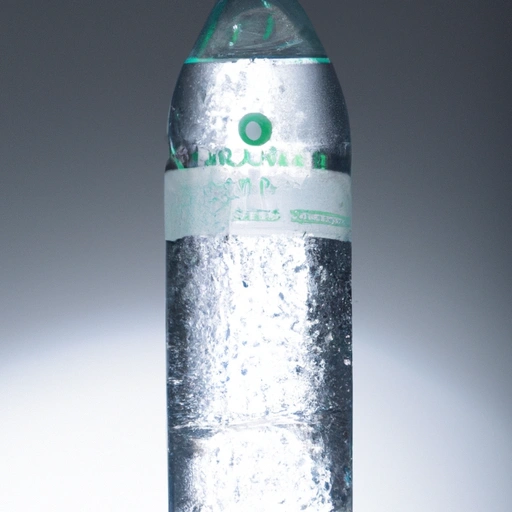Mineral Water
Description

Mineral water is a type of water that comes from a mineral spring and contains various minerals such as salts and sulfur compounds. It is often bubbly or effervescent due to contained gases. In both the culinary world and daily consumption, mineral water is prized not only for its purity and potentially health-boosting minerals but also for its unique taste that can enhance the flavor profile of dishes and beverages.
Common uses
Mineral water is commonly used as a refreshing beverage, a mixer in cocktails, a palate cleanser during fine dining, and occasionally in cooking to add mineral content to dishes.
Nutritional value
Calories
Mineral water typically contains zero calories, making it an excellent hydration choice for those monitoring their caloric intake.
Protein
Protein is not present in mineral water, as it is not a source of macronutrients.
Fat
Mineral water contains no fats.
Carbohydrates
There are no carbohydrates in mineral water; however, flavored mineral waters may contain added sugars.
Vitamins
While not a significant source of vitamins, some types of mineral water can contain trace amounts of vitamin B derived from natural sources.
Minerals
Mineral water is rich in various minerals such as calcium (Ca), magnesium (Mg), and bicarbonates (HCO3). The concentration of minerals is often listed in milligrams per liter (mg/L) or parts per million (ppm), which are equivalent. In American units, this can also be converted to grains per gallon (gpg) where 1 gpg is approximately 17.1 mg/L.
Health benefits
Consuming mineral water can aid in hydration and contribute to the daily intake of essential minerals. It can support bone health due to its calcium content and may improve cardiovascular health through the presence of magnesium and other trace minerals.
Potential risks
While generally safe, excessive consumption of mineral water with high sodium content could pose a risk to individuals with hypertension or kidney disease. It is important to choose a mineral water that fits one's dietary needs.
Common recipes
Mineral water can be used in recipes such as soups, stews, and sauces where water is called for, adding a slight mineral taste. It's also popular in doughs and batters for pancakes, waffles, and tempura to create a light, airy texture when the carbonation is present.
Cooking methods
Cooking with mineral water is similar to using regular water, however, when utilized for its carbonation, it should not be boiled as this will cause the loss of its effervescence.
Pairing with other ingredients
Mineral water pairs well with fresh fruits, salads, and light fish dishes. As a drink, its crisp taste complements a wide range of foods without overpowering flavors.
Summary
Mineral water is a versatile and healthful ingredient that can be used in both culinary applications and as a refreshing drink. With its rich history and varied uses across different cultures, it is a staple in kitchens worldwide. Always check the mineral content to ensure it complements dietary requirements and culinary objectives.